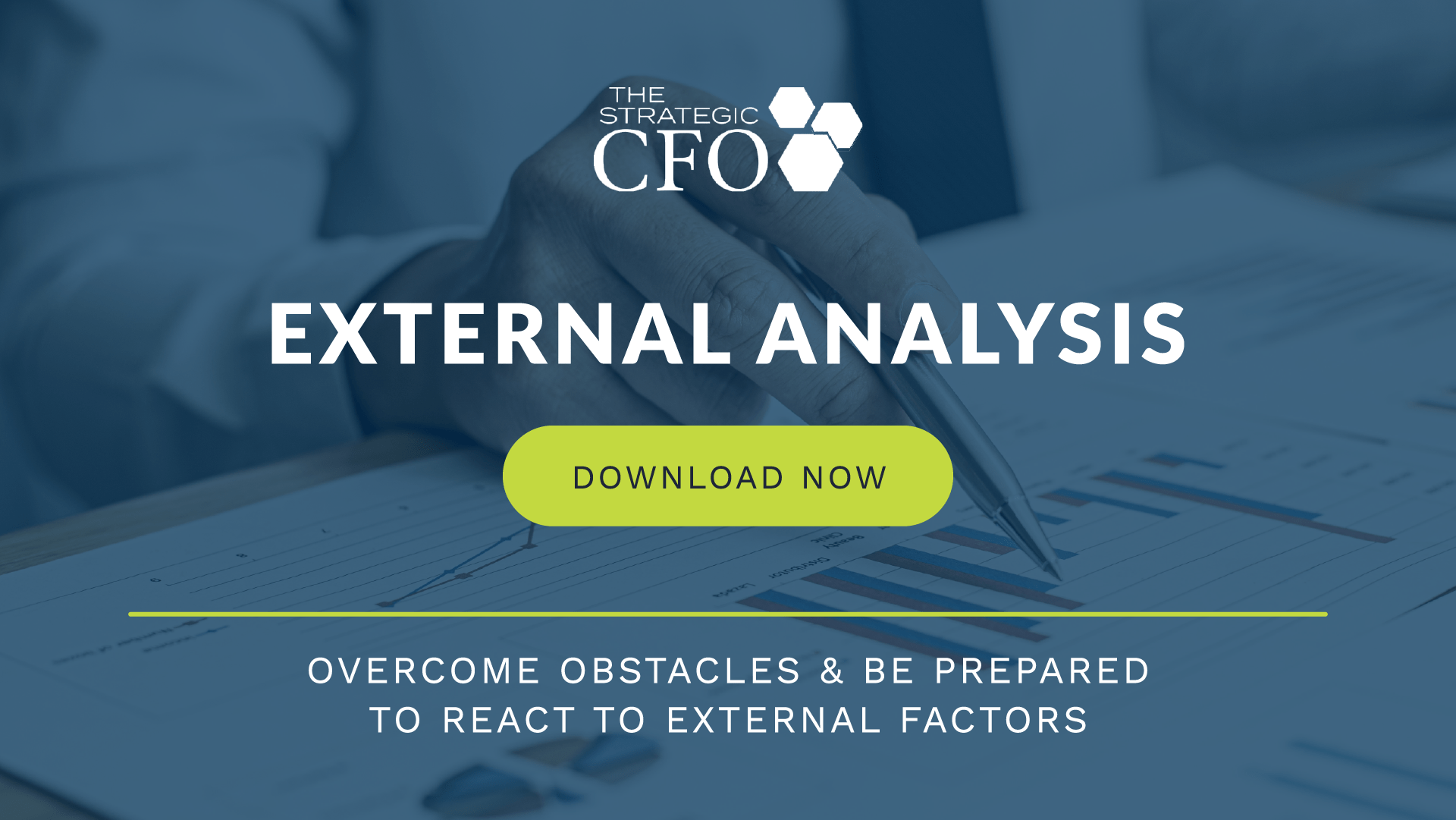Fiscal vs Monetary Policy Explanation
What is Fiscal Policy?
Fiscal policy is essentially how the government decides to collect and spend money to impact the economy. This is studied in Macroeconomics to better understand the relationship between the economy and governmental influence. The study of fiscal policy is useful in speculating the reaction to changes in the government’s budget. It is also a frequent topic during presidential elections, because fiscal policy affects numerous industries.
For businesses, fiscal policy can be very important. Some businesses are directly impacted by government interaction in the economy. For example, businesses that have government agencies as their clients depend upon a fiscal policy that includes their services. Furthermore, other businesses are impacted by fluctuating taxes. Some industries are more exposed than others to taxes. So it is very important that the leadership of businesses takes these macro-elements into consideration.
Expansionary Fiscal Policy
There are three phases of fiscal policy that the government switches between depending on the outlook of the economy. Use the term expansionary fiscal policy when the government is spending more than it is receiving. Generally, this stimulates the economy during a recession or downturn. At the onset of a recession, high government spending with no rise in taxes is common. Then increased taxes and decreased spending follows. If this phase of fiscal policy does not work, it can leave the government in a greater deficit without a recovered economy.
Contractionary Fiscal Policy
Contractionary fiscal policy is the opposite of expansionary. It involves spending less than the government collects in taxes. Rather than attempting to stimulate the economy, this phase restrains the economy. This includes controlling inflation and paying down debt. Another tool of contractionary fiscal policy is raising taxes. When the government raises taxes, households have less disposable income while the government has more to spend.
Neutral fiscal policy is the phase between expansionary and contractionary fiscal policies. This is a period of time when the government’s spending is approximately the same as its collections. This phase is often a transition period between expansionary and contractionary policies, so it is a time of speculation and uncertain governmental policies.
What is Monetary Policy?
Use monetary policy to describe the decisions over a nation’s money supply. In the United States, the Federal Reserve has this duty. The key decisions affecting monetary policy are setting interest rates, setting bank reserve requirements, and buying/selling government securities. Thus, the same agency as fiscal policy does not control the monetary policy.
Download your free External Analysis whitepaper that guides you through overcoming obstacles and preparing how your company is going to react to external factors.

[box]Strategic CFO Lab Member Extra
Access your Projections Execution Plan in SCFO Lab. The step-by-step plan to get ahead of your cash flow.
Click here to access your Execution Plan. Not a Lab Member?
Click here to learn more about SCFO Labs[/box]

See Also:
Generally Accepted Accounting Principles (GAAP)
Economic Drivers to Watch










